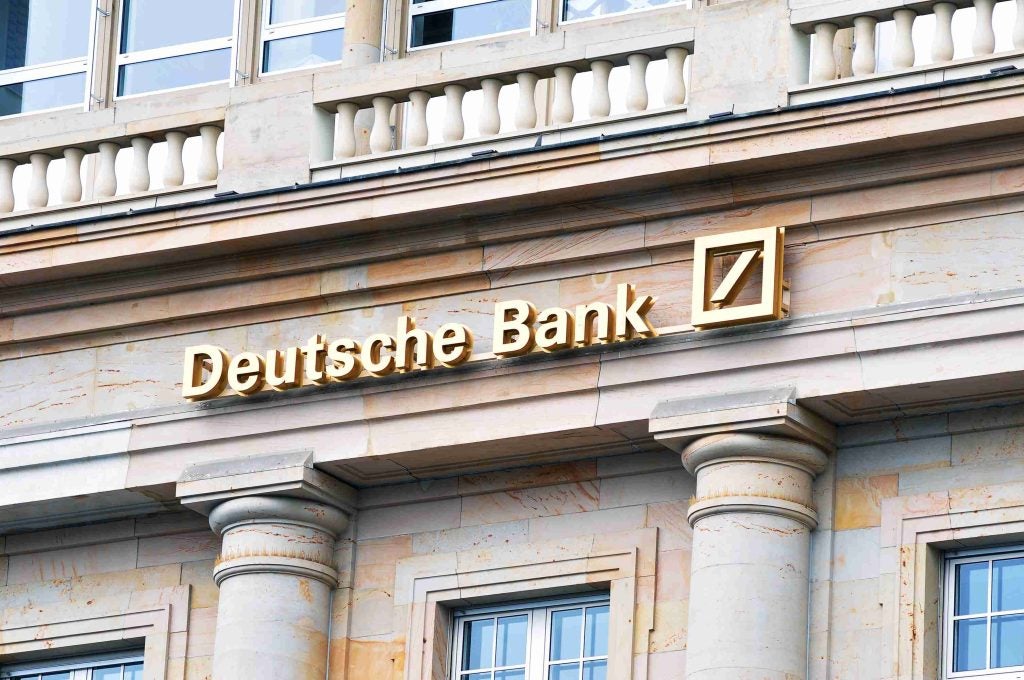Julien Lafargue, European Equities Strategist EMEA at JP Morgan Private Bank, looks back at equity markets in 2016
Although two key events, namely the Constitutional referendum in Italy and the European Central Bank's December meeting may buck the trend, 2016 is shaping up to be a year where a lot has happened, but where equity markets have not done much. Indeed, after the worst start of a year in more than two decades, on the surface, pan European equities have been stuck in the same trading range for most of the year if we exclude the initial shock of the Brexit vote. This is in stark contrast to the U.S. where indices have reached new all-time highs multiple times over the course of the year. However, beneath the surface, this apparent calm in Europe masks significant divergences. Two numbers illustrate this: Italian equities are down some 20% in 2016 on concerns over banks’ solvability, while in the UK the FTSE 100 index is up more than 10% as exporters benefited from the depreciation of the Pound. Similarly, at the sector level, the difference in returns generated by the best (miners) and the worst performing (telecom) group is a staggering 80%.
Taking a closer look at sectors returns, 2016 was a year of two halves. The growth scare we experienced in the first half of the year suddenly turned into optimism during the summer. As a result, bond yields have rebounded from their lows, commodity prices have spiked and the sector leadership has changed dramatically. Between January and June, the so-called “bond-proxies” such as Utilities and Staples lead the way as investors looked for safety and predictability of earnings streams even if that meant paying a high multiple. Starting in June, all this reversed and “value” and cyclical sectors such as banks staged a significant rebound.
While it is difficult to pin-point a single trigger for this rotation, investors’ positioning has certainly contributed. Years of very accommodative monetary policies have supported risk assets around the world but the ultimate impact on economic growth has been relatively muted. The Bank of Japan was the first major central bank to implicitly acknowledge that ever lower interest rates were not the solution to the developed world’s problems of low growth and inflation. This slashed expectations for a continuation of the “low for long” environment that had pushed market participants into a frantic and global search for growth and yield since the beginning of the Great Depression. At the same time, on the political front, the Brexit vote and the Trump victory highlighted the street’s discontentment and need for change. This shifted the focus from monetary easing to fiscal expansion and infrastructure spending, turning deflation fears into inflation hope. This is probably the most important change that occurred in 2016 and one that is likely to have repercussions well into 2017.
Going forward, the outlook for economic growth appears brighter in Europe according to the most recent leading indicators. But for the time being, investors’ sentiment remains clouded by the prospect of increasing political instability. While Brexit remains an ongoing issue, the region faces key elections in the Netherlands, France and Germany in 2017 and as such, it is likely that equity markets will experience new episodes of intense volatility. The ability to quickly reposition portfolios was the key element for success in 2016, and this will likely be the case in 2017 too.
How well do you really know your competitors?
Access the most comprehensive Company Profiles on the market, powered by GlobalData. Save hours of research. Gain competitive edge.

Thank you!
Your download email will arrive shortly
Not ready to buy yet? Download a free sample
We are confident about the unique quality of our Company Profiles. However, we want you to make the most beneficial decision for your business, so we offer a free sample that you can download by submitting the below form
By GlobalData






